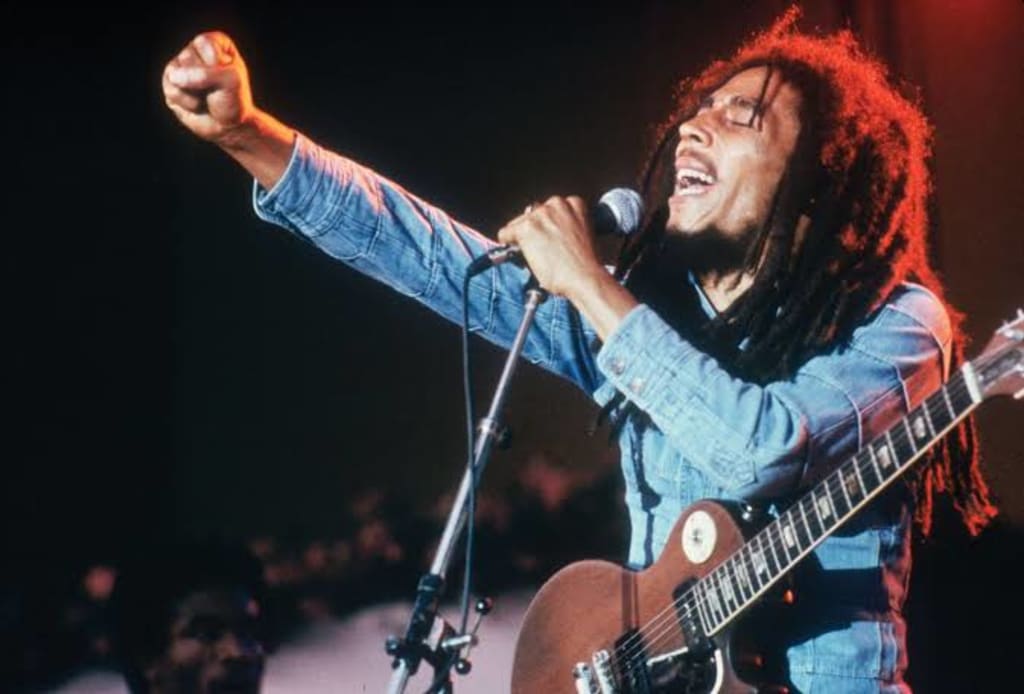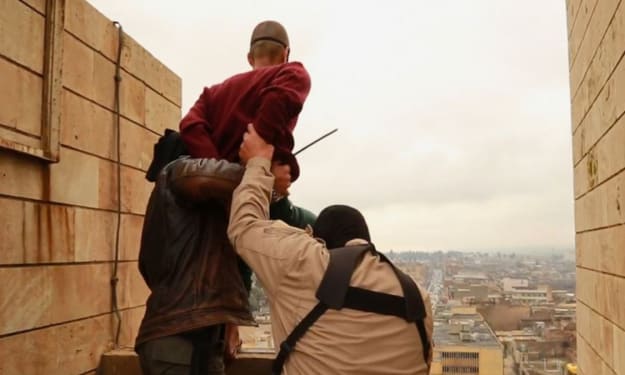The Untold Story of the 1976 Attempted Assassination of Bob Marley
Narrow escape

On the evening of December 3, 1976, reggae legend Bob Marley, his family, and friends experienced a harrowing attempt on their lives at Marley's home in Kingston, Jamaica. Seven armed men stormed Marley's residence, known as 56 Hope Road, with the intent to assassinate him. Though the attackers failed, the incident left a profound impact on Marley and the world, highlighting the intersection of music, politics, and violence in Jamaica during the 1970s.
Background: Jamaica in the 1970s
The 1970s were a turbulent time in Jamaica. The country was plagued by political violence and social unrest, with the ruling People's National Party (PNP) led by Prime Minister Michael Manley and the opposition Jamaica Labour Party (JLP) led by Edward Seaga locked in a bitter struggle for power. This political rivalry was exacerbated by widespread poverty and unemployment, leading to gang violence and social upheaval.
Bob Marley, already an international music icon, found himself at the center of this political maelstrom. His music, which spoke of peace, love, and social justice, resonated with the oppressed and disenfranchised. Marley was perceived by many as a voice of the people, which inevitably drew him into the political fray.
In the lead-up to the 1976 general elections, tensions were high, and political violence escalated. It was in this charged atmosphere that Bob Marley decided to perform at the "Smile Jamaica" concert, organized by the government in an effort to ease tensions and promote peace. However, Marley's involvement was seen by some as a political endorsement of the PNP, making him a target for those who opposed the party.
The Night of the Attack
On December 3, 1976, just two days before the "Smile Jamaica" concert, seven gunmen drove up to Marley's residence. Inside the house, Marley, his wife Rita, his manager Don Taylor, and several friends and musicians were rehearsing. The attackers, armed with guns, stormed into the house and opened fire indiscriminately.
Bob Marley was hit in the arm, while his wife Rita sustained a gunshot wound to the head. Don Taylor was shot multiple times in the torso. Miraculously, no one was killed. Despite his injuries, Marley remained defiant and composed, refusing to be intimidated by the violence. He famously remarked, "The people who are trying to make this world worse aren’t taking a day off. How can I?"
The Aftermath and the "Smile Jamaica" Concert
In the wake of the attack, there was widespread shock and outrage. Marley’s decision to go ahead with the "Smile Jamaica" concert, despite his injuries, was seen as an act of extraordinary courage and defiance. On December 5, 1976, he took to the stage and performed with his band, The Wailers, delivering an electrifying performance that resonated deeply with the audience.
The concert was a pivotal moment in Marley's career and in Jamaican history. It not only underscored Marley's commitment to his message of peace and unity but also highlighted the power of music to transcend violence and political divisions. The concert drew a massive crowd and was a resounding success, further cementing Marley's status as a cultural and political icon.
The Investigation and Speculation
The attempted assassination of Bob Marley remains shrouded in mystery and speculation. Despite investigations, the perpetrators were never brought to justice, and the true motive behind the attack has never been definitively established. Various theories have been proposed, ranging from political motives to the involvement of foreign intelligence agencies.
One theory suggests that the attack was orchestrated by political opponents who saw Marley's influence as a threat to their power. Another theory posits that the attack was part of a larger strategy by the CIA to destabilize Jamaica during the Cold War, given the agency’s concern over Prime Minister Michael Manley's left-leaning policies and his ties to Cuba.
Legacy of the Attack
The attempted assassination had a profound impact on Bob Marley and his music. It reinforced his belief in the power of music to bring about social change and deepened his commitment to his Rastafarian faith. The incident also influenced his songwriting, leading to powerful tracks like "Ambush in the Night" and "Survival," which reflect his experiences and political views.
Marley's decision to continue his work despite the attack made him a symbol of resilience and courage. His music continued to inspire millions around the world, transcending cultural and political boundaries. The "Smile Jamaica" concert became a legendary moment in music history, symbolizing the enduring power of peace and unity in the face of violence and adversity.
Conclusion
The 1976 attempted assassination of Bob Marley was a dramatic and pivotal event in the life of the reggae legend. It highlighted the volatile political climate of Jamaica in the 1970s and the dangers faced by those who dared to speak out against oppression and violence. Despite the attack, Marley's unwavering commitment to his message of peace and love resonated with people around the world and solidified his legacy as a musical and cultural icon.
Marley’s ability to rise above the violence and continue to spread his message of unity and social justice is a testament to his character and the enduring power of his music. The events of that night in 1976 and the subsequent "Smile Jamaica" concert remain etched in history, reminding us of the transformative potential of music and the unyielding spirit of those who fight for a better world.
About the Creator
Enjoyed the story? Support the Creator.
Subscribe for free to receive all their stories in your feed. You could also pledge your support or give them a one-off tip, letting them know you appreciate their work.






Comments
There are no comments for this story
Be the first to respond and start the conversation.